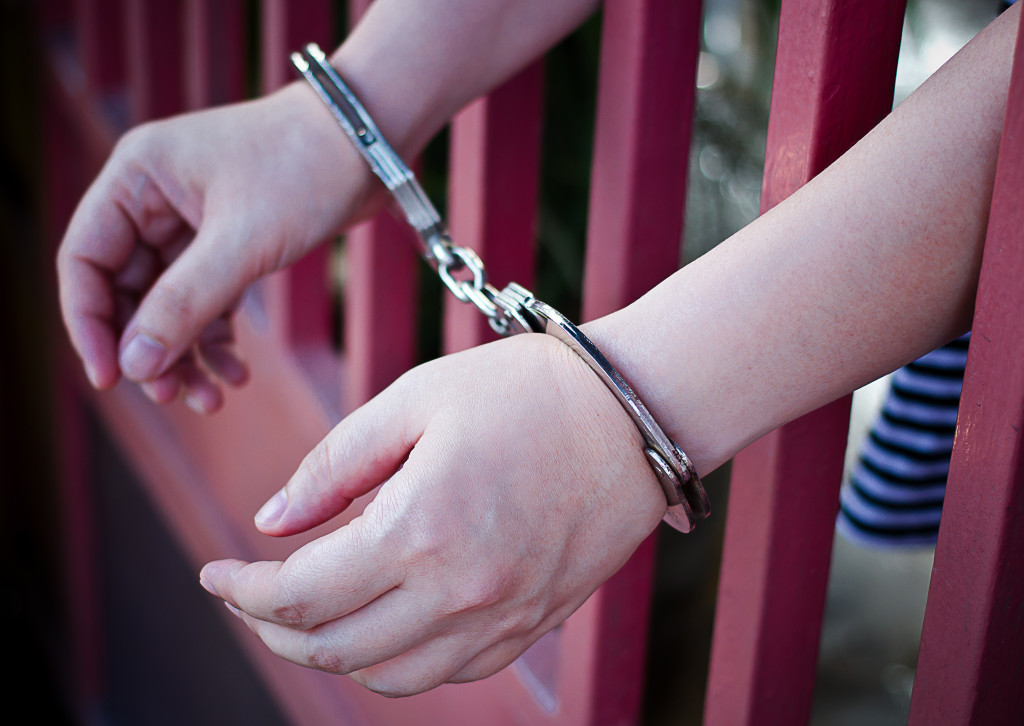The process of criminal justice is confusing for anyone. This article will help you understand your rights and what to expect during the criminal justice process.
It is important to know that in the United States, people are innocent until proven guilty. The burden of proof lies with the prosecution, which means they must show evidence beyond a reasonable doubt that someone committed a crime before they can be convicted or punished as if they did it. If there is no hard evidence, then even an accused person cannot be found guilty by law and may not have to spend time in prison or pay any fines.
However, once someone pleads or is found guilty of committing a crime, then he/she has to go through the punishment phase of their case, where their sentence is determined. This punishment can include jail time, probation, community service, and fines.
So, here is a more in-depth look at the criminal justice process:
1. Arrest
When law enforcement officials have enough evidence to believe that someone has committed a crime, they will make an arrest. The person will be taken into custody and may have to spend the night in jail. During this time, the accused person can contact a criminal defense lawyer.
2. Bail
After an arrest, the accused person will go before a judge who will decide whether to set bail or release the person on their own recognizance (meaning they promise to show up for their court date). The amount of bail will depend on the severity of the crime and the defendant’s financial situation. If the accused cannot afford to pay bail, they can ask a friend or family member to do so or try to get a bail bond from a bail bondsman.
3. Arraignment
This is the first time the accused person will appear in court. They will be read the charges against them and have a chance to enter a plea of guilty or not guilty. The defendant may also ask for a public defender at this time if they cannot afford to hire their own lawyer.
4. Discovery
Discovery is a process where the prosecution and defense share evidence with each other. This can include witness statements, police reports, and any other evidence related to the case.
5. Pre-Trial Motions
Both the prosecution and defense may file pre-trial motions, which are requests to the court for things like dismissing charges, changing the venue of the trial, or getting evidence excluded from the trial.
6. Trial
If the case does not get resolved in pre-trial motions, it will go to trial. The prosecution and defense will present their evidence and arguments to a jury or a judge, who will then decide if the defendant is guilty or not guilty.
7. Sentencing
If the defendant is found guilty, they will go through the sentencing phase of their case. This can include jail time, probation, community service, and fines. The sentence will be determined by a judge based on the severity of the crime and the defendant’s criminal record.
8. Appeals
If the defendant is not happy with their sentence, they may file an appeal. This is a request to a higher court to review the case and overturn the original verdict.
What to Do if You Are Being Charged With a Crime:

Here are some tips for what to do if you are arrested and charged with a crime:
- Stay calm and be polite to the police.
- Don’t resist arrest or say anything incriminating.
- Cooperate with the police and answer their questions.
- Contact a criminal lawyer.
- Ask for a public defender if you cannot afford to hire your own lawyer.
- Try to get bail from a friend or family member.
- Cooperate with law enforcement officials and answer their questions truthfully.
- Do not talk to the media about your case.
- Wait until after your trial to discuss your case with anyone other than your lawyer.
- If you are found guilty, comply with the terms of your sentence.
- If you are not happy with your sentence, file an appeal.
If you are arrested or charged with a crime, it is important to know your rights and what to expect during the criminal justice process. The steps listed above should help you get started. Remember, it is important to cooperate with law enforcement officials and have a lawyer represent you in court. If you are found guilty, comply with the terms of your sentence and file an appeal if you are not happy with the outcome. Don’t worry this article will help you get through!


